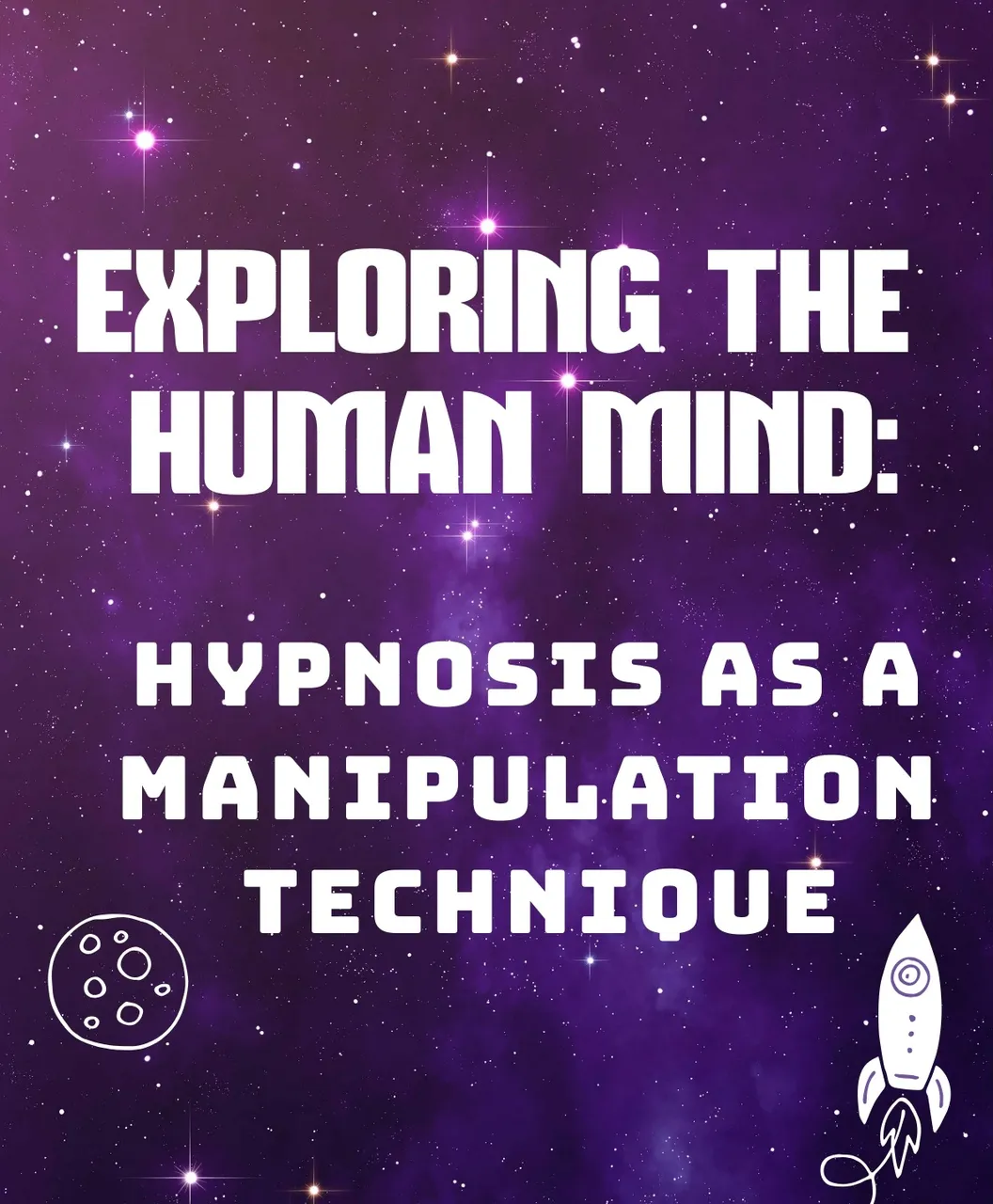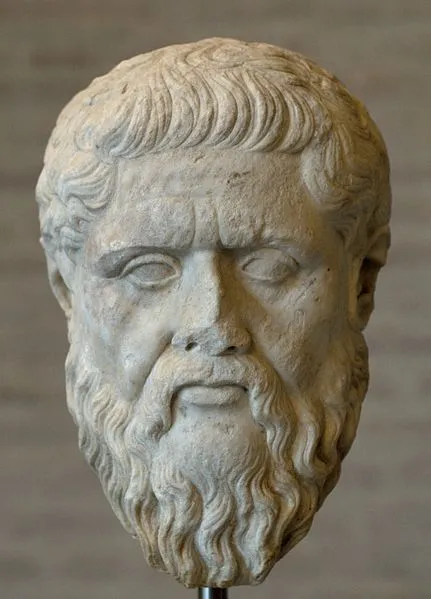The movies have seriously affected the way in which various psychological and scientific techniques are seen by the public, all because many times in the movies we see real techniques taken to unreal extremes, what I mean is that beyond seeming unreal or a trick, the techniques of brain manipulation and suggestion are true and in fact are a tool widely used when performing cognitive therapies.. But then beyond how they are usually staged or whether or not they are fraud, does hypnosis really work? In reality, Can we really enter a trance so deep that we are susceptible to being controlled by someone else?
Well, let's find out.
Hypnosis is very real and even though it is a bit far from what we are used to seeing in movies or television shows, it is one of the most feasible techniques that exist when it comes to "controlling" the memories or actions of people. However, although it is an accepted and highly feasible technique, it has nothing to do with sorcery or mysticism; and despite popular belief, this technique is closely linked to science.

Hypnosis
As I have already said, hypnosis is very real, however, it does not work as we believe, because even though this technique of suggestion is extremely real, it is also extremely difficult to execute and requires certain criteria in order to work. In addition, not everyone can carry it out because as I have emphasized is extremely complicated to execute and when it is successfully performed the patient who is undergoing this type of therapy is always aware of what is being said.
So, is it suggestion yes or no? Well the answer is yes and no, when the person is subjected to this type of therapy will not completely lose consciousness, it is more difficult to fall asleep as it happens in the movies that with a snap of the fingers the patient totally loses control of her body. Hypnosis acts on people taking it little by little to a state where their mind and body are more compenetrate and relax so that both the mind and body are more likely to act more intuitively but always remaining in control of their actions. That is why those scenes where a hypnotist can force anyone to perform acts that go against their will are totally false.
Summarizing a bit, people "hypnotized" do not perform actions that in their subconscious do not want to perform, and also note that they will always remember what they have done, that is, those scenes where the hypnotized forget what they are forced to do are also false. In conclusion, hypnosis is no more than a guided therapy where the patient is brought to a state of total relaxation so that his mind can work in such a way that he can remember things he has forgotten or in some cases reach a point where this through other therapies is able to improve some behavior patterns
Evolution since ancientness
Like many other healing techniques and sciences, the first vestiges of hypnosis date back to long before it was known as hypnosis, and for many it should come as no surprise that the origins of mind-suggestion techniques go back as far as Egypt as at that time healers and other experts used techniques similar to what we know today as hypnosis to perform cures, however, the Egyptians performed these cures based more on sleep therapies in order to clean the spirit and aura of the people.
However as the civilizations were evolving, hypnosis was evolving with them to the point that Plato himself took it upon himself to give a more scientific touch to this type of therapies when he totally discarded the religious and mystical connotations using this type of techniques to psychological field of people, establishing that the power of words could reach the point of having repercussions in the minds of people.
After platón established the first bases so that this type of suggestive techniques were accepted more from the scientific point of view, there were many studies and theories that were developed by great neurologists and psychologists. In fact, as more studies were developed, hypnosis was used as one of the most common suggestion techniques in treatments and clinical therapies especially in patients suffering from mental disorders, however a great turning point and that contributed a lot to the development of Hypnosis was when through some intense Hypno therapies it was achieved that some patients with paralysis in their extremities could recover part of the mobility thanks to suggestive techniques.
And it was from the fact that hypnosis began to be more commonly used in clinical cases when any relationship with the mystical or religious world was completely discarded, establishing that hypnosis was about getting people to submerge in a state of total concentration and relaxation.
As you have been able to realize by the small aspects that I have decided to highlight, hypnosis is one of the ancient techniques that has been gradually polished and developed scientifically so that its success is achieved satisfactorily, and despite myths that affirm otherwise it has nothing to do with special powers, dark energy, religion or any kind of mysticism and that is based especially on the correct use of words and the environment.
How does it work then?
After making it clear that hypnosis is based, the most obvious question will be how it works in our brain so that we are able to "submit" to such suggestion.
There are several theories that try to explain the operation or principle of action of hypnosis in the minds of people, however, most of them flow into the social field, establishing that the majority of the suggestion process is based on social and non-clinical factors. All this based on the premise that hypnosis is based on the fact that any person can be managed regardless of whether they have pathologies or some anomaly associated with the mind.
If we start from this premise it is easy to conclude that just as I mentioned a few paragraphs ago, hypnosis is based on guiding people to a certain mental state, so that patients can reach a state of relaxation that allows to the person who gives the therapy to extract or introduce information in the mind of the patient. However, it is necessary to emphasize that all information to which the person is being induced or suggested depends on their subconscious to be accepted, that is to say, that in order for a person to be hinted to do something this must have at least a bit of will of wanting to carry out this action.
Basically, hypnosis acts in such a way that the person is led to do something that already wanted to do but did not yet have the courage or strength to perform, in some way it is as if through suggestion we broke the chains that ourselves have placed and decided to finally do something.
In other words and according to Kirsch the suggestion process in which hypnosis places us is similar to the placebo effect in pharmacological.
All this because in both cases our body and our mind only react to something that we were unconsciously willing to perform.
Final words.
As I have been describing throughout this post, hypnosis is not linked to any supernatural phenomenon and does not act in the way that people believe. Hypnosis constitutes the unleashing of one's own will that a person possesses to accomplish something. And if we take it to the point of view of memory for exactly the same, hypnosis acts by unlocking many times memories that people have unconsciously decided to suppress or hide.
This is remarkable because although studies have been conducted in hypnotized people, they have not revealed any changes in the patient's neural network, confirming once again that hypnosis is only a state to which we are able to access guided by a professional and not just staring at a pendulum.
As a final conclusion, I want to emphasize that the effectiveness of hypnosis will only depend on the willingness of the person to accept the different paths that are proposed by the hypnotist.


